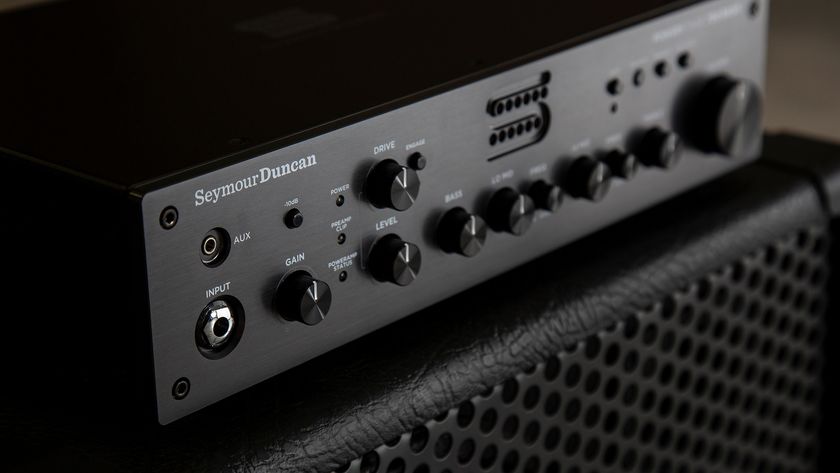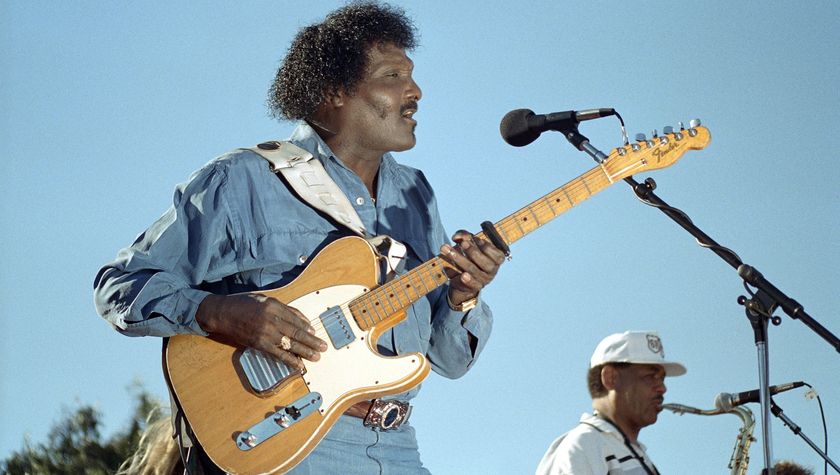“My dad showed that the bass can play an equal role in melodic and rhythmic invention”: Heavenly Cream mastermind Malcolm Bruce doesn’t use Jack Bruce’s gear, but he can tell you how to easily get his father’s sound
The world has only begun to understand what Cream contributed to music and culture, says Malcolm, who finds it easy to perform like late pioneer Jack did
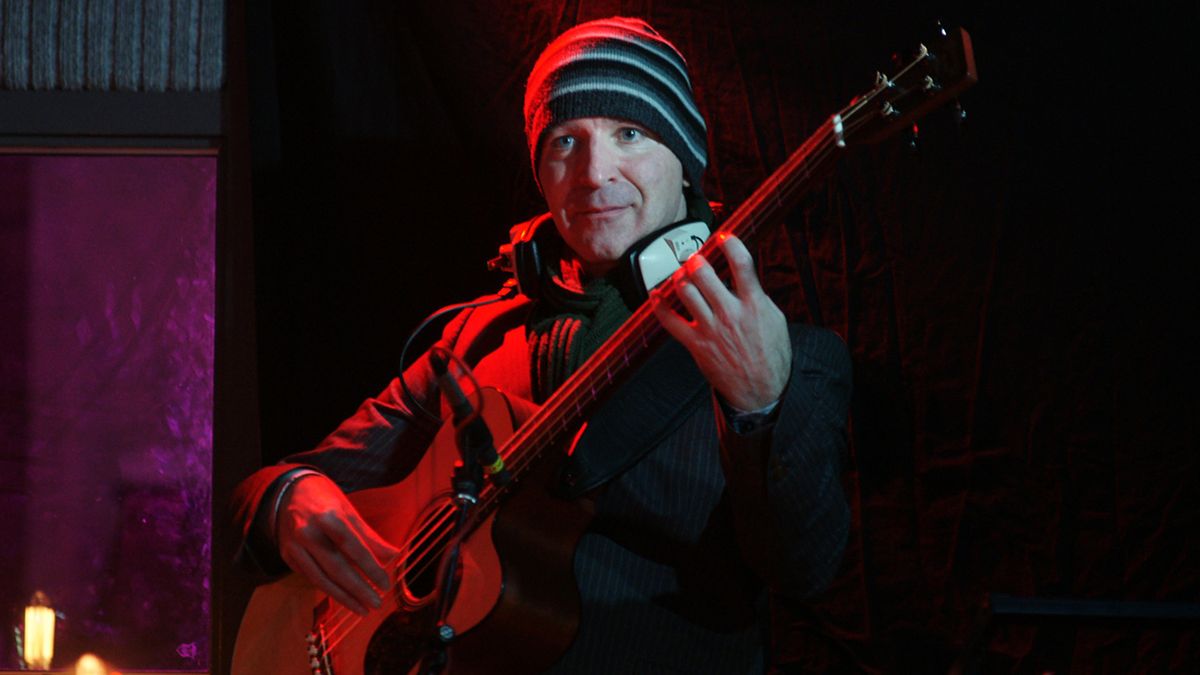
As the son of Cream bassist Jack Bruce, Malcolm Bruce has done his part to preserve his father’s legacy with his Heavenly Cream project.
It’s important to him, even though it’s not always easy to explain why – but that doesn’t stop him trying. “To me, Cream’s music, aside from all these wonderful songs, is about just playing," he tells Bass Player.
“It’s about taking risks and stretching out into the unknown, with the songs just as a starting point. To me, that is where the potential lies. It’s a band of three musicians, all contributing equally. That’s a very important aspect of what made Cream work so well – lots of space to allow each musician to express himself.”
His father’s monstrous bass chops aside (which powered the contributions of Eric Clapton and Ginger Baker), the music Bruce helped make was a focus of cultural elements that would have boundless impact for decades.
“Cream was at such a unique moment in history from a creative perspective,” his son says, “and in that moment it displayed real musicianship within a pop context that paved the way for so much to come.
“My dad showed that the bass can move; it can play a melodic line or go between holding down the harmony and playing melodic invention. It can act contrapuntally too.
“But most importantly, my dad showed that the bass can play an equal role in melodic and rhythmic invention. It’s guided intuitively and responds to the other instruments’ sense of time and dynamics. All of this is shown as an expression of that unique personality on the instrument.
Get The Pick Newsletter
All the latest guitar news, interviews, lessons, reviews, deals and more, direct to your inbox!
“I think my dad contributed to that understanding. Beyond that, he left us with a truly significant body of work built over a long and diverse career.”
What are the most challenging Cream songs to play and why?
“I’m not sure any of the songs are challenging to play; it depends on whether the goal is to reproduce the songs exactly as the original band performed them or to take the essence of the songs and make something from that. Some of the vocal parts are challenging.”
Do you have a favorite Cream album?
“It's hard to choose between Fresh Cream and Disraeli Gears. Fresh Cream does have a freshness to it, an innocence; whereas Disraeli Gears is a more confident and consistently accomplished album –possibly to some degree due to the influence of Felix Pappalardi producing at Atlantic Studios, or that the band had a lot more experience by that point in time.”
And how about your favorite song?
“There are so many great songs! N.S.U. is fun to play and has great energy and unusual harmonic progression. I love the openness of We're Going Wrong, a perfect song to improvise and stretch out to. And As You Said, which has a Scottish folk music influence, pointing to where my dad was heading in terms of the diversity of his writing. And how he was thinking like a composer, using composed elements rather than purely strophic form.”
What's Cream’s most underrated or overlooked song?
“Any of the above mentioned – many don’t get mentioned in the same context as the more well-known songs like Sunshine of Your Love. That said, Dance the Night Away and Take It Back come to mind.”
What do you admire most about your dad's technique?
“His singing voice and his ability to play the bass and sing simultaneously. He had his own personality in everything he did musically.”
Is there a nuance in your dad’s playing or Cream’s music that you feel is essential, but which the average person might not notice?
“One aspect to understand is the range of influences appearing in the music. There are blues, rock, jazz, pop, psychedelia, folk, and classical elements. And the nuance in the music, the choices of dynamics, where and how a note or phrase is placed, when to tighten up, and when to be looser. The sound that three musicians of that caliber can make together is the equality of that dynamic in the sonic spectrum.”
Did your dad leave you any of his gear?
“I don’t use any of my dad’s bass gear. I’ve been using Warwick basses, and sometimes Fender, with Hartke amps. I’m using Framus guitars into Marshall amps with a selection of pedals. I’m getting a great sound with this setup.”
“If people are looking for that old ‘60s Cream bass sound, then the Gibson EB-3 into a Marshall 50-watt head should do the trick. Or maybe 100-watt!
“My dad subsequently developed his fretless technique, eventually using Warwick basses for many years. Wonderful instruments. But the sound is ultimately in the fingers, how we approach the fretboard, and the choices we make with timing and touch.”
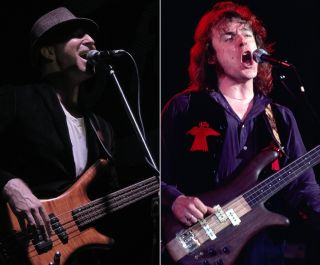
Have you had to make any adjustments to play Cream’s music?
“I think it’s easy for me to play Cream’s music – although stylistically, my own music is quite different. I think Cream’s songs are a part of the tradition of popular music we all share, so it feels natural to understand them almost intuitively.”
How does your style differ from your dad’s?
“When I have played these songs, I tend to want to stay in the moment and allow for spontaneity. It’s not so much about my style being different, which is inevitable. It’s more about getting inside the music and finding a level of flow that allows it to be born anew every time it is played.
“There are still all the essential parts to play – the form of the songs, the motivic elements and so on. It’s a balancing act, but the music lends itself to spontaneity, which is the music’s heart.”
How do you view your dad’s legacy overall?
My dad maintained his creative voice in everything he was involved in and crossed boundaries uniquely and substantially
“His legacy is working through one of the most interesting periods in music; and, like many great artists, he helped evolve significantly throughout his career. He maintained his creative voice in everything he was involved in and crossed boundaries uniquely and substantially.
“There are many significant projects and collaborations beyond his short tenure with Cream. But in the end, my dad came to terms with being known for the songs he wrote that became hugely successful, and he was proud of that achievement. But to anyone who knows my dad’s work, there’s much more to explore.”
Where would rock music be without him?
“That may not be easily quantified. The qualities that made Cream so unique have yet to be fully explored. My dad’s approach – playing the bass as an instrument playing an equal part in the music – certainly contributed to developing new ways of seeing the bassist’s role.”
- Heavenly Cream’s An Acoustic Tribute to Cream is on sale now. Visit malcolmbrucemusic.com for full details and tour dates.
Andrew Daly is an iced-coffee-addicted, oddball Telecaster-playing, alfredo pasta-loving journalist from Long Island, NY, who, in addition to being a contributing writer for Guitar World, scribes for Bass Player, Guitar Player, Guitarist, and MusicRadar. Andrew has interviewed favorites like Ace Frehley, Johnny Marr, Vito Bratta, Bruce Kulick, Joe Perry, Brad Whitford, Tom Morello, Rich Robinson, and Paul Stanley, while his all-time favorite (rhythm player), Keith Richards, continues to elude him.
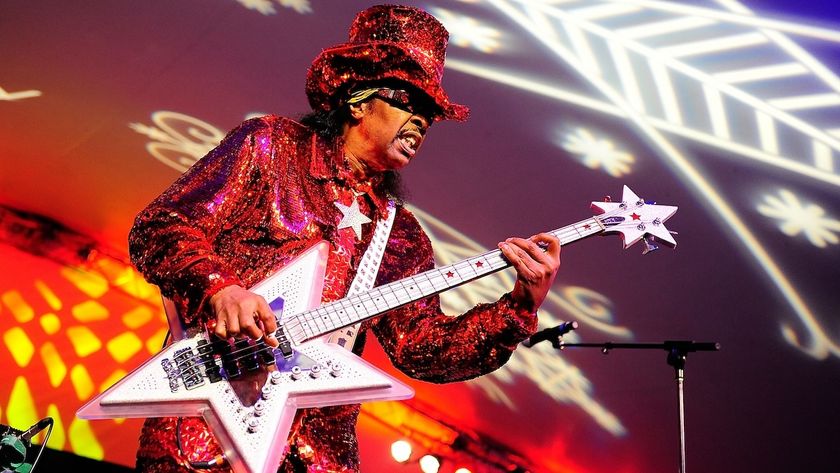
“The bass is the instrument you need to play the longest to become truly funky”: 20 funk bass legends who took low-end groove to new heights
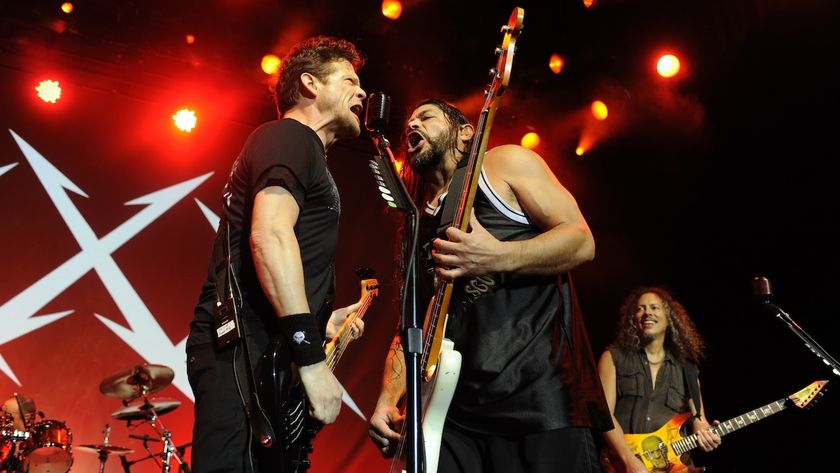
“There’s an art to simplicity, and Jason Newsted brought that art. Cliff Burton was more aggressive, and a busier player”: The bassists of Metallica





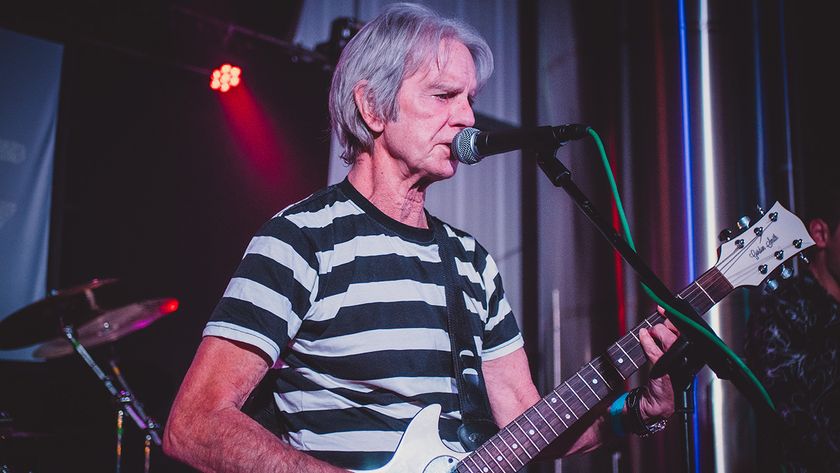
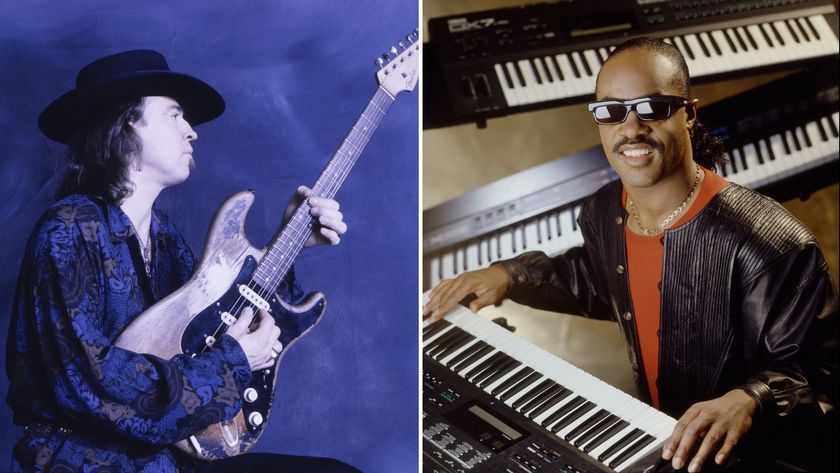
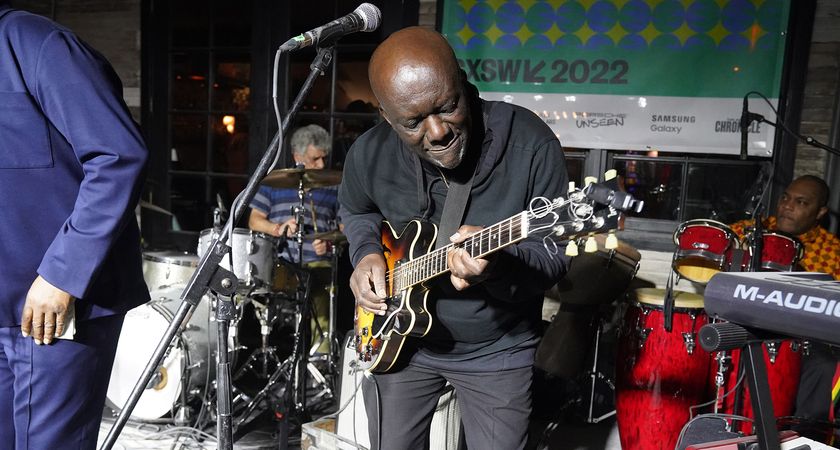
![[L-R] George Harrison, Aashish Khan and John Barham collaborate in the studio](https://cdn.mos.cms.futurecdn.net/VANJajEM56nLiJATg4P5Po-840-80.jpg)
